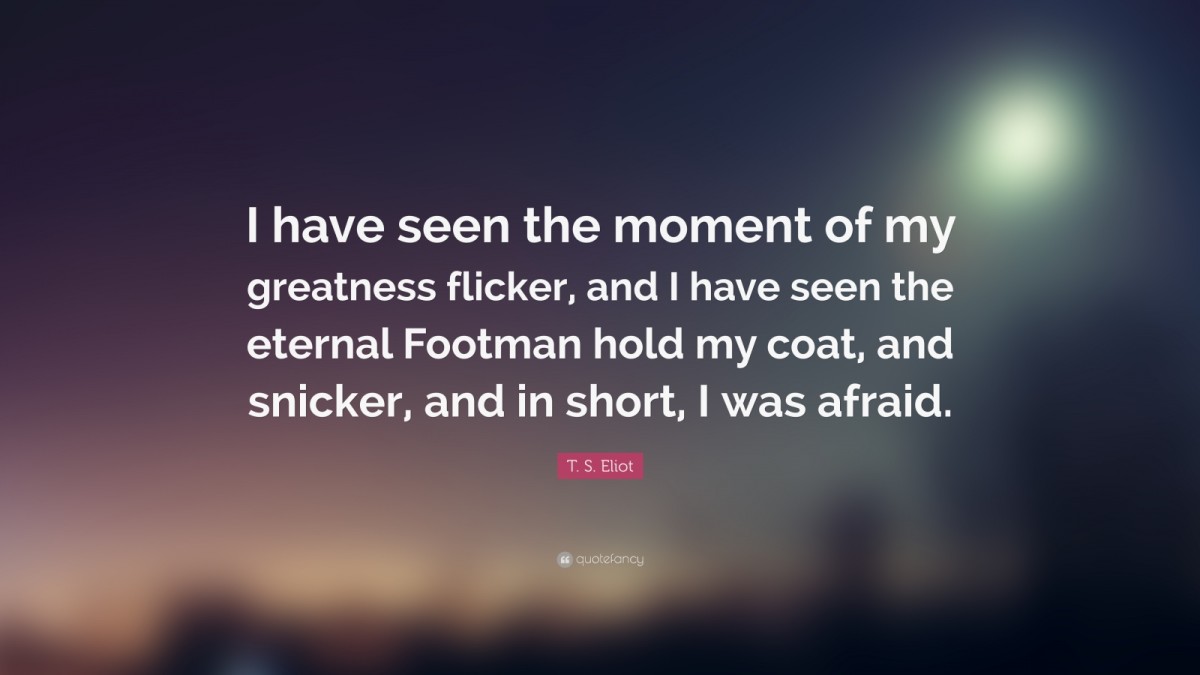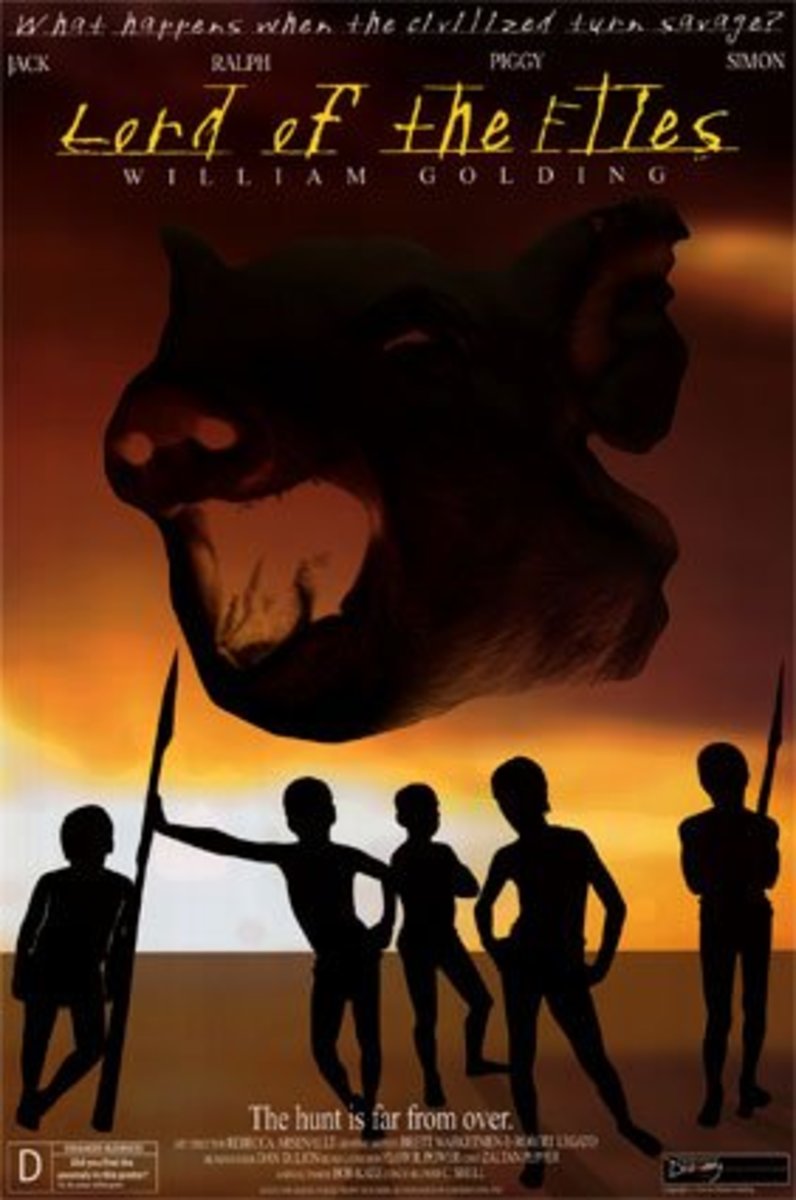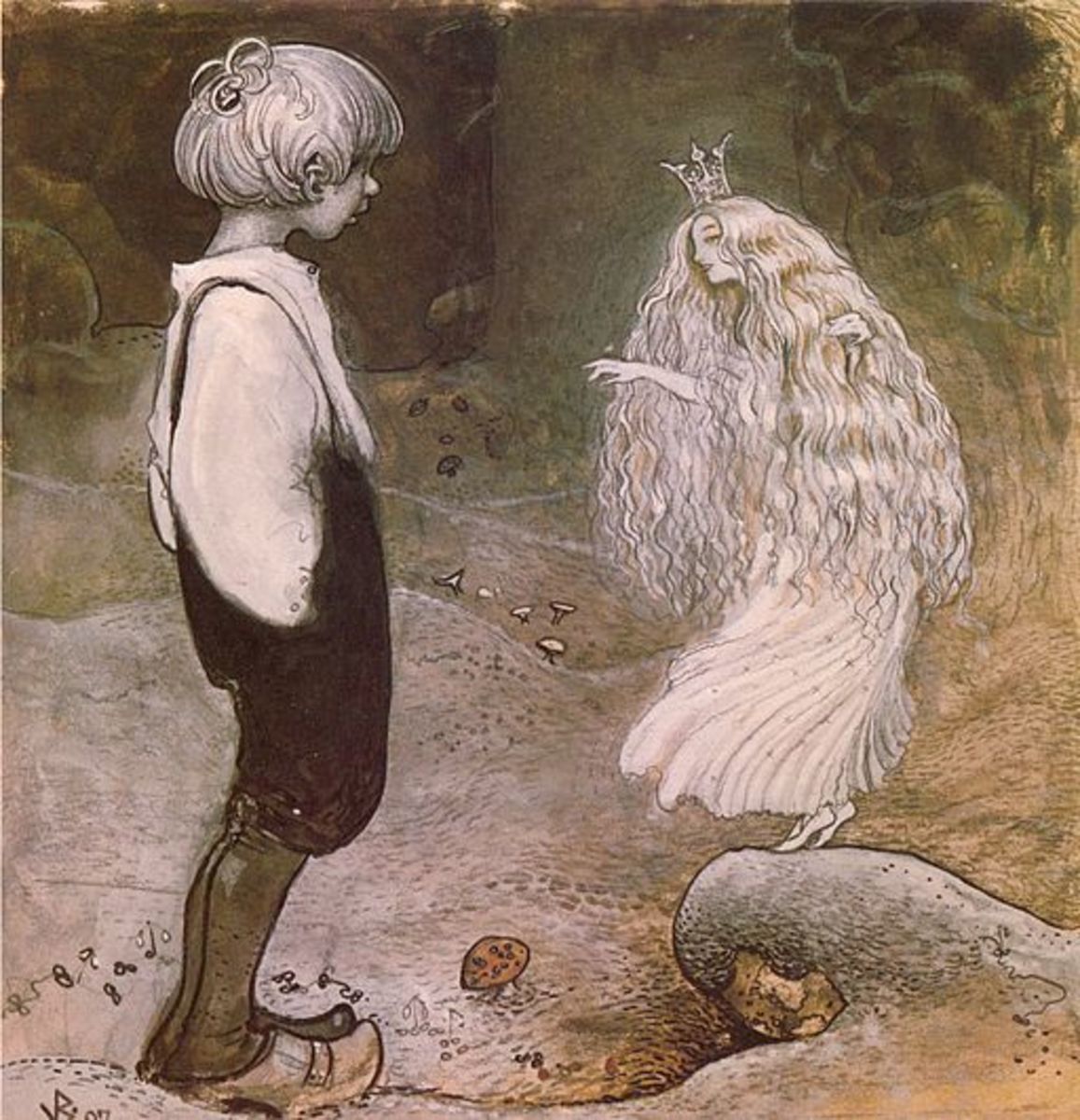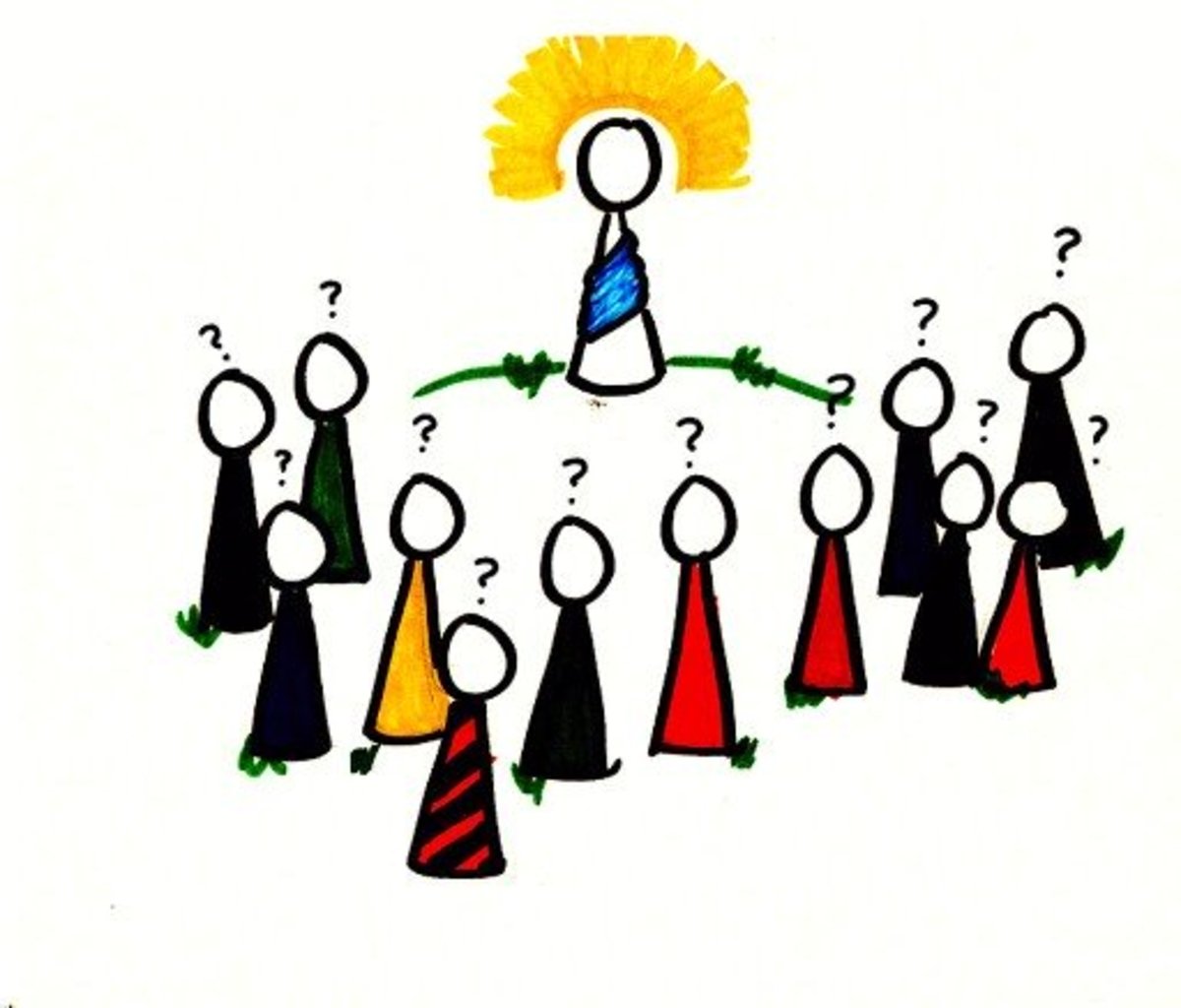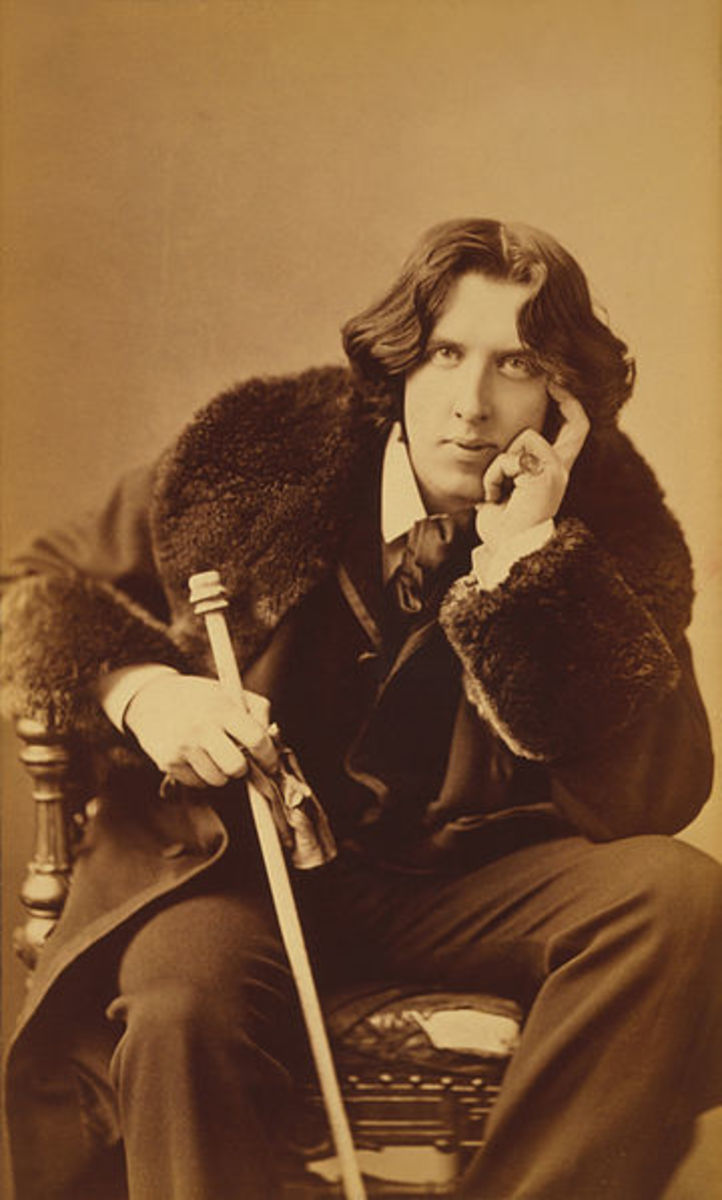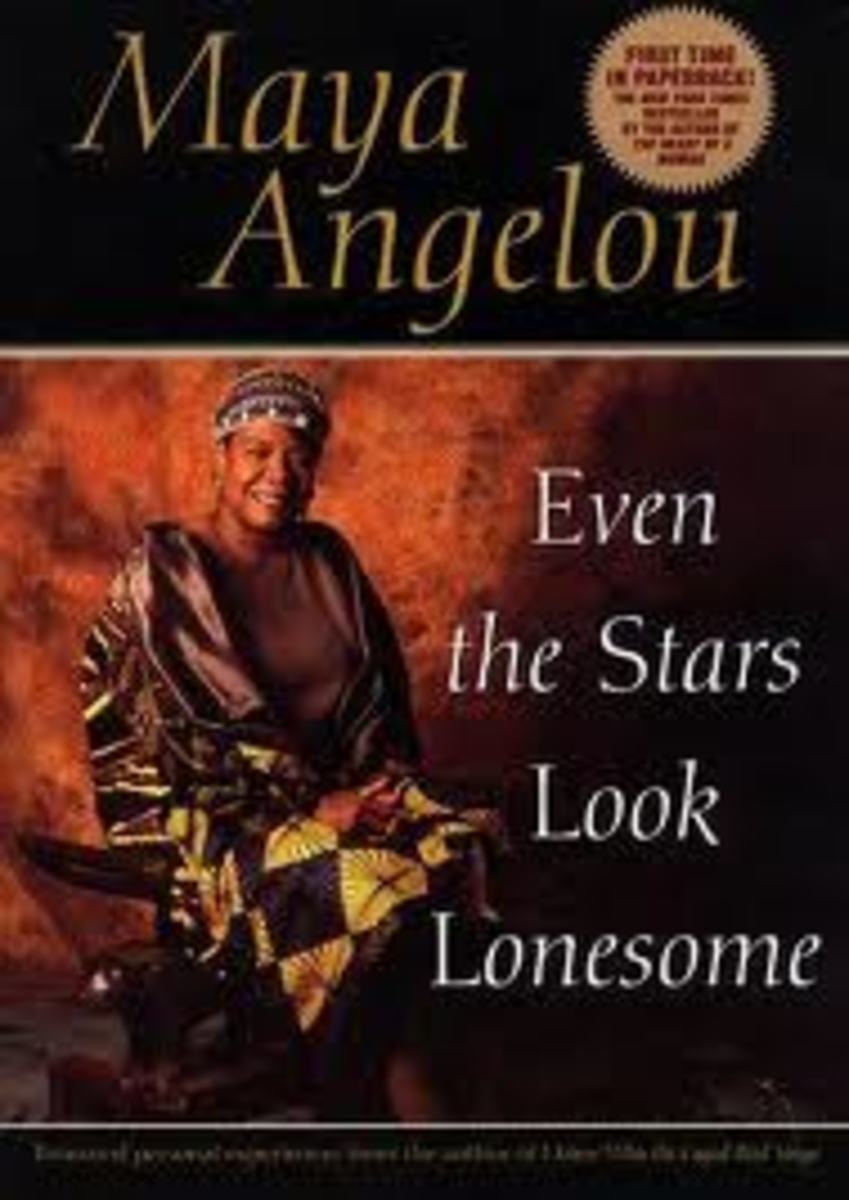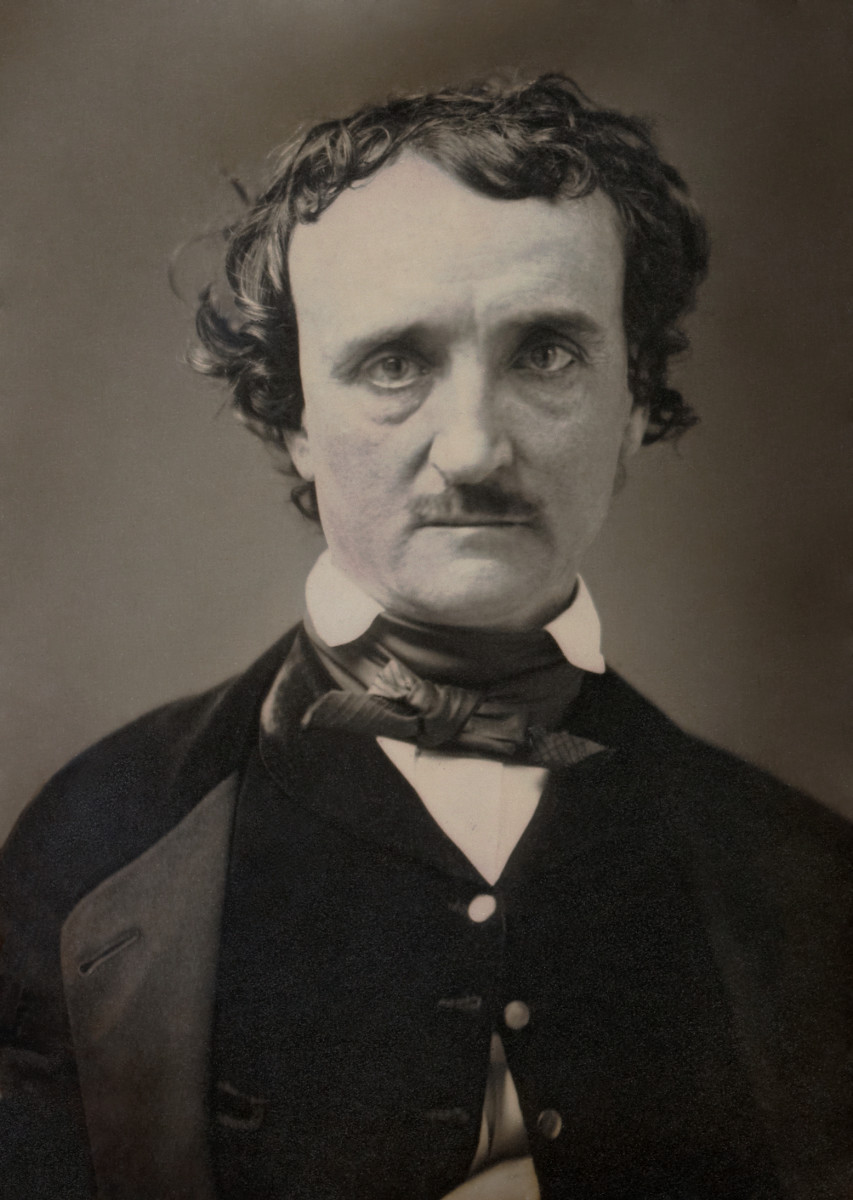The Relationship Between Ignorance and Happiness: Candide vs. Metamorphoses
Comparing Metamorphoses and Candide
Knowledge is linked to ones happiness in numerous ways whether it is happiness through a lack of knowledge or knowledge being the cause of that happiness. Often people refer to the saying, “ignorance is bliss” and a saying that can be quite true. People are often times happier without certain pieces of information. For example a person would be happier without the knowledge of a cheating spouse. However the opposite can be true as well, the lack of understanding one’s life or situation can lead to unhappiness. This is often more common than the former statement as demonstrated in both Voltaire’s “Candide” and Ovid’s “Metamorphoses”. There is more chance that when people do not understand an element of their lives, whether it is a situation, a person, their role or an issue they will become unhappy. They will need to rectify the issue, and understand exactly what it is they are striving to understand in order to become happy. There is a third possibility in this relationship between knowledge and happiness, and that is that with the development of understanding people become unhappy which also demonstrated within both books. It seems fairly impossible to separate these attributes, and in a similar manner it would be impossible to separate one’s understanding from one’s suffering.
Ignorance may very well be bliss. As demonstrated in both books mentioned, the lack of a character’s understanding can lead to them being ignorantly happy. A good example of a character being happy because of a lack of understanding is demonstrated in Voltaire’s Candide. Candide is a happy character when he is living at the castle and has little understanding of the life he is living. He is optimistic and simply lives as he is told to live by the people surrounding him. Candide’s lack of understanding the real world around him outside of philosophy led to him being happy, through ignorance. Similarly in Ovid’s Metamorphoses there was a character that was happy due to a lack of understanding. This was in The Story of Midas (pg 262) Midas was granted his wish of turning anything he touched to gold. Upon his wish being granted he was extremely happy, however he did not yet have an understanding of what this gift would mean to his future. It was purely this lack of understanding which made him rejoice in this gift that would later become a curse. Metamorphoses also demonstrate how ignorance or a lack of understanding can also lead to suffering however. In The Story of Daedalus and Icarus (pg 187) it is Icarus’s lack of understanding that leads to his downfall and his father’s suffering. Even though he was told of the risks of flying too close to the sun, Icarus did not truly understand the issue and because of this there were consequences.

It seems that in experiencing life people gain the knowledge that may lead them down two paths, one of happiness or one of suffering. It is often the latter, or at least that is what is demonstrated in the remainder of The Story of Midas. When Midas begins to experience the negative side of his golden touch he becomes unhappy almost immediately. Where ignorance led him to happiness, understanding led him to suffering (pg 263). It was the same pattern in Candide, when Candide began to understand that not everything could be looked at under an optimistic light, and that some things are simply not for anybody’s good he became slightly bitter and ultimately unhappy. This is during the time when he and Martin were debating upon what made people happy, and Candide began to doubt that he would see his beloved Cunegonde again. He was developing a sense that things do not always turn out for the best, and by understanding Martin’s point that the world is disappointing he began to create his own suffering. If Candide had held on to his ignorance he may have held onto that happiness as well. He does return to his optimistic self later however, only after he believes that this new knowledge is proved to be false.
Although there is an undeniable link between understanding and suffering, there is also one other element that cannot be overlooked. That is the element of emotion; human emotion weighs greatly on one’s understanding as well as their happiness. Emotion can also cause great suffering, however this emotional response is triggered by understanding the issue at hand, and therefore the three elements are inseparable. In Candide his suffering was caused by his unwillingness to give up Cunegonde, and through his quest to get back to her he developed a more concrete understanding of the world. This led to him and all the other characters becoming unhappy by the end of the story. In Metamorphosis there is a story where emotion gets in the way of understanding and inevitably causes suffering. This is in the Story of Orpheus and Eurydice (pg 234) Orpheus is very close to saving Eurydice, and he understands that he cannot look at her or else he will lose her. He chooses to ignore this knowledge in favor of his emotions and loses Eurydice forever. His emotions clouded his judgment and led him to suffer in the same way that Candide suffered for his love of Cunegonde.
In conclusion there is no way to separate understanding and suffering, the two are part of human nature. We strive to understand and the things that we do not or cannot understand cause us to be unhappy. At the same time people will create suffering for themselves when seeking knowledge that is best left undiscovered. There seems to be no way to avoid the burden of knowledge, and the affects it will have on people. While people grow and change, they will inevitably be exposed to new and harmful knowledge just as Candide, and will simply have to judge what will cause them the least amount of suffering. Like many things in life it is a matter of choosing the lesser of two evils, that being to want to know, or to not want to know.
Ovid. Metamorphoses. Ed. Humphries, Rolfe. United States: Indiana University Press, 1983.
Voltaire. Candide and Other Stories. Ed. Pearson, Roger. United States: Oxford University Press, 2006.

